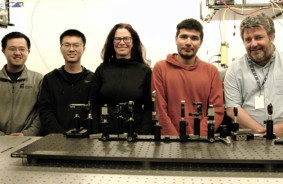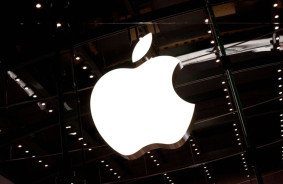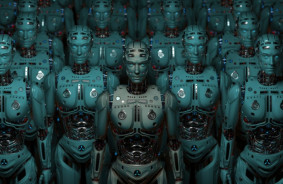Google DeepMind and the Premier League club Liverpool have developed a prototype of the artificial intelligence model TacticAI for football training. The DeepMind laboratory, which previously used AI for complex board games like Go, notes that AI can be trained on patterns that can be seen on sports fields.
According to an article published in Nature, the improvements proposed by the artificial coach for players' positions during corner kicks, a major potential source of goals, mainly received approval from human experts. Currently, the technology can provide advantages in planning situations with predictable initial conditions, for example, in the case of corner kicks. The global goal is to apply AI to more diverse conditions of open play.
The DeepMind project is the result of three years of work with Liverpool. The DeepMind model uses deep geometric learning on a dataset, including 7176 corner kicks in the English Premier League between 2020 and 2023. The model learned to predict which player would first touch the ball after a corner kick. In tests, the player receiving the ball was among the top three candidates of TacticAI in 78% of cases. Corner kicks, along with penalty kicks, account for up to 30% of all goals statistically.
TacticAI analyzed the results of corner kicks with different player configurations and suggested positional improvements. Their usefulness was evaluated in a blind test conducted by five experts: three data processing specialists, one video analyst, and one assistant coach. Experts could not distinguish the AI-generated scenarios from real situations, preferring TacticAI's advice over existing strategies in 90% of cases.
Petar Velickovic from Google DeepMind says that the research has broader applications beyond sports. "If we can model football, we can also simulate several aspects of human psychology. When AI becomes more capable, it will need to better understand the world, especially in uncertain conditions. Our system is capable of making decisions and suggestions in uncertain conditions. We believe these skills can be transferred to future AI systems, so it's a good testing ground," he says.
Sources: Financial Times, New Scientist














Comments (0)
There are no comments for now